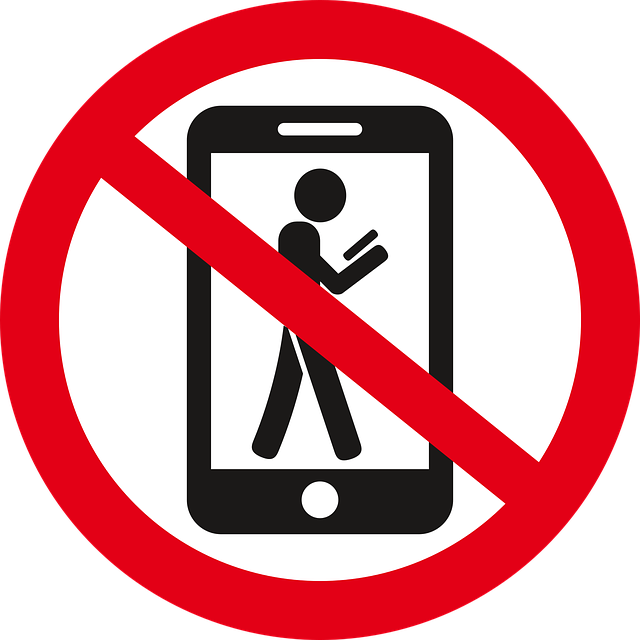North Carolina's "Do Not Call" laws protect residents from unwanted telemarketing calls, enforced by the state's Department of Justice. Consumers can register their numbers to block sales calls, and businesses must comply or face fines. Ethical firms use systems to honor the registry, while reputable Do Not Call lawyers guide companies on navigating these regulations, ensuring privacy and consumer rights protection. Respecting these rules and privacy preferences is key to building trust in North Carolina's legal services industry. Businesses that follow TCPA guidelines, maintain updated registries, and honor stop-calling requests avoid legal issues and protect their reputations. Engaging a specialized law firm can help navigate these regulations.
In North Carolina, understanding and adhering to strict ‘Do Not Call’ laws is paramount for businesses engaging in telemarketing. These regulations, enforced by both state and federal bodies, aim to protect consumers from unwanted sales calls. This article guides North Carolina businesses on ethical telemarketing practices, focusing on strategies to build trust and avoid legal pitfalls. We explore the impact of ‘Do Not Call’ laws and provide insights for businesses, including tips on respecting consumer preferences, ensuring compliance with Do Not Call Lawyer NC regulations, and leveraging legitimate marketing methods to connect with potential clients effectively.
Understanding NC's Do Not Call Laws and Their Impact on Telemarketing
North Carolina’s “Do Not Call” laws are designed to protect residents from unwanted telemarketing calls and have a significant impact on how businesses conduct their sales campaigns in the state. These regulations, enforced by the North Carolina Department of Justice, allow consumers to register their phone numbers on the “Do Not Call” list, effectively blocking incoming sales calls from participating companies. The laws are particularly relevant for telemarketers as they must adhere to strict guidelines to ensure compliance and avoid legal repercussions.
For businesses in NC, understanding these laws is crucial. Failure to comply can result in substantial fines and damage to a company’s reputation. Many ethical telemarketing firms in the state invest in robust systems to track and honor the “Do Not Call” registry, ensuring they only contact numbers that are actively opt-in for their services. A reputable do not call lawyer or attorney in North Carolina can guide companies on navigating these regulations, helping them establish effective practices while respecting consumer privacy and rights.
Building Trust: Ethical Telemarketing Strategies for North Carolina Businesses
Building trust is a cornerstone of ethical telemarketing practices, especially in highly regulated industries like legal services. In North Carolina, companies that respect “do not call” regulations and consumer preferences for privacy are better positioned to foster lasting relationships. Instead of aggressive sales tactics, ethical firms focus on providing valuable information and building genuine connections. This means avoiding calls to numbers on state “do not call” lists, such as those registered by residents of North Carolina who wish to opt-out of unsolicited phone calls from lawyers or law firms.
By prioritizing respect for consumer choices and adhering to legal guidelines, ethical telemarketers in NC can present themselves as responsible professionals. They offer free consultations (without pressure to hire) and answer questions about legal services, demonstrating expertise rather than pushing sales. This approach builds trust over time, positioning these companies as reliable resources when clients are genuinely in need of legal assistance—like a “lawyer for Do not call North Carolina” that respects privacy and consumer choices.
Avoiding Legal Pitfalls: Best Practices for Respecting Do Not Call Lists in NC
In North Carolina, respecting consumer privacy and adhering to telemarketing laws is paramount for ethical companies. One of the key practices to avoid legal pitfalls is strictly complying with the state’s Do Not Call lists. Businesses must ensure they obtain proper consent before contacting residents, as per the Telephone Consumer Protection Act (TCPA). Any unauthorized calls to numbers on these lists can result in significant fines and damage to a company’s reputation.
To stay within legal boundaries, telemarketers should verify consumer opt-in status, maintain up-to-date Do Not Call registries, and honor requests to stop calling immediately. Using automated dialing systems or prerecorded messages requires additional compliance steps, including obtaining explicit consent. Engaging a reputable law firm specializing in telemarketing laws, such as one with expertise in do not call lawyer NC, do not call attorney NC, or lawyer for do not call North Carolina, can help businesses navigate these regulations and protect their operations from costly legal actions involving do not call law firms NC or do not call lawyers North Carolina.






